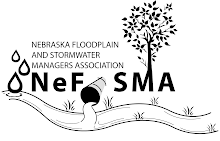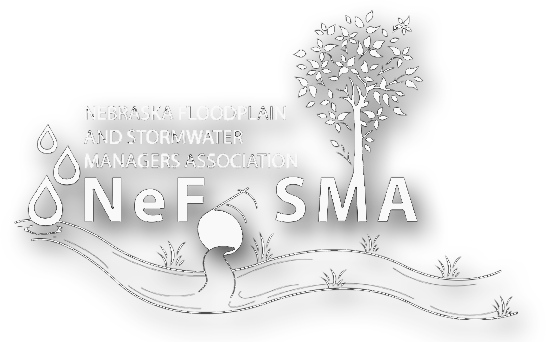Contact Information: Enesta Jones, Jones.enesta@epa.gov, 202-564-7873, 202-564-4355
WASHINGTON - The U.S. Environmental Protection Agency (EPA) is releasing for public comment a draft permit that will help improve our nation's waterways by regulating the discharge of stormwater from construction sites. Stormwater discharges during construction activities can contain sediment and pollutants that harm aquatic ecosystems, increase drinking water treatment costs and pollute waters that people use for fishing, swimming and other recreational activities.
The proposed Construction General Permit (CGP) includes a number of enhanced protections, including enhanced provisions to protect impaired and sensitive waters. Some of the significant proposed permit modifications include new requirements for: Eligibility for emergency-related construction; Required use of the electronic notice of intent process; Sediment and erosion controls; Natural buffers or alternative controls; Soil stabilization; Pollution prevention; Site inspections; Stormwater Pollution Prevention Plans; and Permit termination.
Many of the new permit requirements implement new effluent limitations guidelines and new source performance standards for the construction and development industry that became effective on February 1, 2010. These requirements include a suite of erosion and sediment controls and pollution prevention measures that apply to all permitted construction sites.
The permit will be effective in areas where EPA is the permitting authority, including four states (Idaho, Massachusetts, New Hampshire and New Mexico); Washington, D.C.; most territories; and most Indian country lands.
The public will have 60 days to comment on the draft permit. EPA anticipates that it will issue the final construction general permit by January 31, 2012.
The current permit is scheduled to expire on June 30, 2011; however, EPA is proposing to extend the current permit until January 31, 2012 to provide sufficient time to finalize the new permit.
Click here for more information on the proposed construction general permit.
About Our Association

- Nebraska Floodplain and Stormwater Managers Association
- The Nebraska Floodplain and Stormwater Managers Association (NeFSMA) is an active organization of over 100 members representing over 50 organizations. NeFSMA pursues multiple purposes including: 1.)promote public awareness of floodplain and stormwater management; 2.) promote the professional status of floodplain and stormwater management and secure all benefits resulting there from; 3.) promote cooperation and information exchange between individuals and entities concerned with floodplain and stormwater management; 4.) keep individuals concerned with floodplain and stormwater management well informed through educational and professional seminars and to provide a method for dissemination of information, both general and technical; 5.) inform and educate concerned individuals of pending floodplain or stormwater legislation, funding and other related management matters. Please browse our website to learn more about NeFSMA at www.nefsma.net. If you are interested in joining, either contact one of the board members or complete the membership form.
Tuesday, April 26, 2011
EPA Solicits Public Comment on Permit to Reduce Stormwater Discharge From Construction Sites
Labels:
Construction,
EPA,
Permit,
Stormwater
Subscribe to:
Post Comments (Atom)

No comments:
Post a Comment